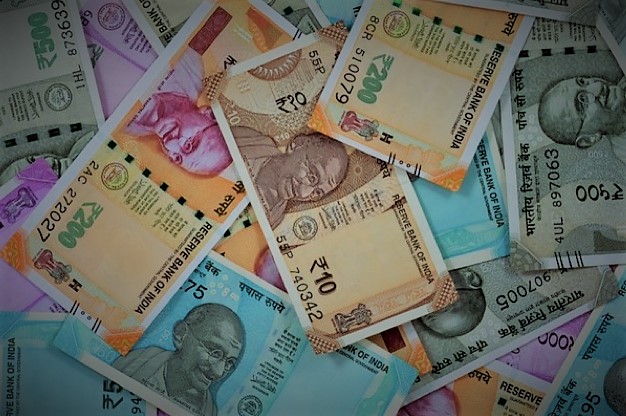
A Quick Guide To Currency
Currency is basically an exchange material and represents a value of particular country based on its economic growth. It serves in the circulation as a medium of exchange in the form of notes and coins.
Say:
- Indian Rupee (INR),
- American Dollar (USD),
- Japanese yen (JPY) and
- British Pounds (GBP).
These various currencies are recognized at particular value and are traded between nations in foreign exchange markets. These are traded in Exchanges and helps in business transactions of the each nation. Change in the value of currency depends upon internal and external factors in the market and also on growth of the particular nation.
Like in the case of equity stock and index, currency also trade in exchanges in the form of Futures and Options as contract to exchange one currency for another at a specific date in the future at a price that is fixed on the purchase date. As of now currency options are available only in USDINR.
Every country currency is valued with that of other countries say for USDINR, JYPINR, GBPINR, and EUROINR likewise.
NSE was the first exchange to get approval from SEBI for setting up currency derivatives segment. NSE launched currency futures trading platform on 29th August2008 and currency options on 29th Oct, 2010. Almost all stock brokers in India are providing the facility to trade in 4 pairs through their online platforms.
Currency Derivatives:
- Futures: are contracts for a specific underlying currency at a specific time in the future, for a specific price. These are bought and sold with standardized in term of delivery date, amount and contract terms.
- Options: Like futures, options are also derivative instruments that provide the opportunity to buy and sell an underlying currency on a future date. An option is contract that conveys the buyer a right but not an obligation to either buy (call option) or sell (put option) a particular currency at a specific price in the future.
- Call options: A buyer of call option expects the market price of the currency to rise.
- Put options: A buyer of put options would expect the currency to fall.














